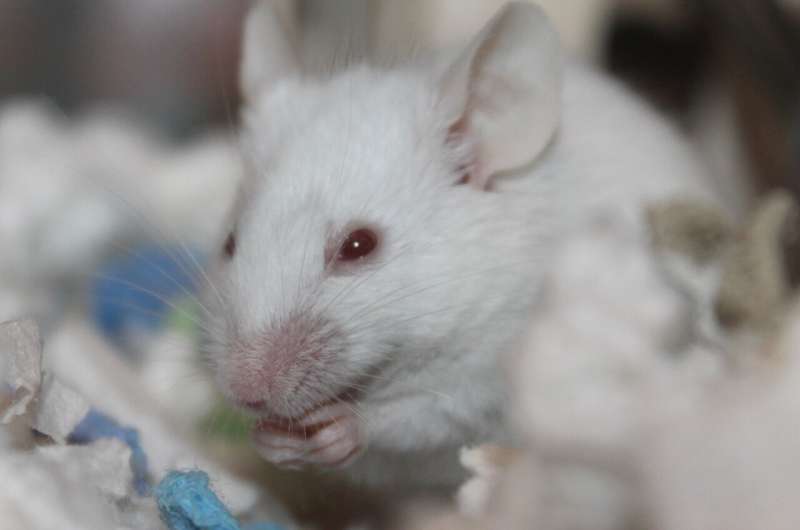
That is certainly plausible. Protection as well but thin air induces physiolgical changes and also gets you free of the often intense humid conditions we have nearer sea level. we already understand that the Greek Pantheon were a handfu of humans who were able to upgrade their life expectancy using an elixer at least. this we have been advancing ourselves with the obvious application of vitimin C and D.
Now living in a lower oxygen and also lower pressure environment is also positively indicated.
what this does do is argue powerfully for developing residency at around ten to fifteen thousand feet or perhaps a standard of 12,000 feet which is common enough. It will mean elevator lifts along mountain slopes to gain the altitude and then building extended ssteel post and beam foundations along the mountain contour.
We may also construct our floating cities to have an engineered low pressure sysdem evacuating the living space behind airlocks. This could be limited to sleeping spaces. It could also be set of sea level pressure with a lowering of oxygen content as well. This is obviously much cheaper and easier. I wonder what the mice can tell us.
bob,
I found a post in Phys.org about oxygen restriction and its use in increasing longevity is it possible the Greek gods used Mount Olympus because it was such a high mountain so they could get a longevity boost due to less oxygen in that environment here is a link
Ari
MAY 23, 2023
Oxygen restriction helps fast-aging lab mice live longer
Credit: Pixabay/CC0 Public Domain
For the first time, researchers have shown that reduced oxygen intake, or "oxygen restriction," is associated with longer lifespan in lab mice, highlighting its anti-aging potential. Robert Rogers of Massachusetts General Hospital in Boston, US, and colleagues present these findings in a study published May 23rd in the open access journal PLOS Biology.
Research efforts to extend healthy lifespan have identified a number of chemical compounds and other interventions that show promising effects in mammalian lab animals— for instance, the drug metformin or dietary restriction. Oxygen restriction has also been linked to longer lifespan in yeast, nematodes, and fruit flies. However, its effects in mammals have been unknown.
To explore the anti-aging potential of oxygen restriction in mammals, Rogers and colleagues conducted lab experiments with mice bred to age more quickly than other mice while showing classic signs of mammalian aging throughout their bodies. The researchers compared the lifespans of mice living at normal atmospheric oxygen levels (about 21%) to the lifespans of mice that, at 4 weeks of age, had been moved to a living environment with a lower proportion of oxygen (11%—similar to that experienced at an altitude of 5000 meters).
They found that the mice in the oxygen-restricted environment lived about 50% longer than the mice in normal oxygen levels, with a median lifespan of 23.6 weeks compared to 15.7 weeks. The oxygen-restricted mice also had delayed onset of aging-associated neurological deficits.
Prior research has shown that dietary restriction extends the lifespan of the same kind of fast-aging mice used in this new study. Therefore, the researchers wondered if oxygen restriction extended their lifespan simply by causing the mice to eat more. However, they found that oxygen restriction did not affect food intake, suggesting other mechanisms were at play.
These findings support the anti-aging potential of oxygen restriction in mammals, perhaps including humans. However, extensive additional research will be needed to clarify its potential benefits and illuminate the molecular mechanisms by which it operates.
Rogers adds, "We find that chronic continuous hypoxia (11% oxygen, equivalent to what would be experienced at Everest Base Camp) extends lifespan by 50% and delays the onset of neurologic debility in a mouse aging model. While caloric restriction is the most widely effective and well-studied intervention to increase lifespan and healthspan, this is the first time that 'oxygen restriction' has been demonstrated as beneficial in a mammalian aging model."
No comments:
Post a Comment